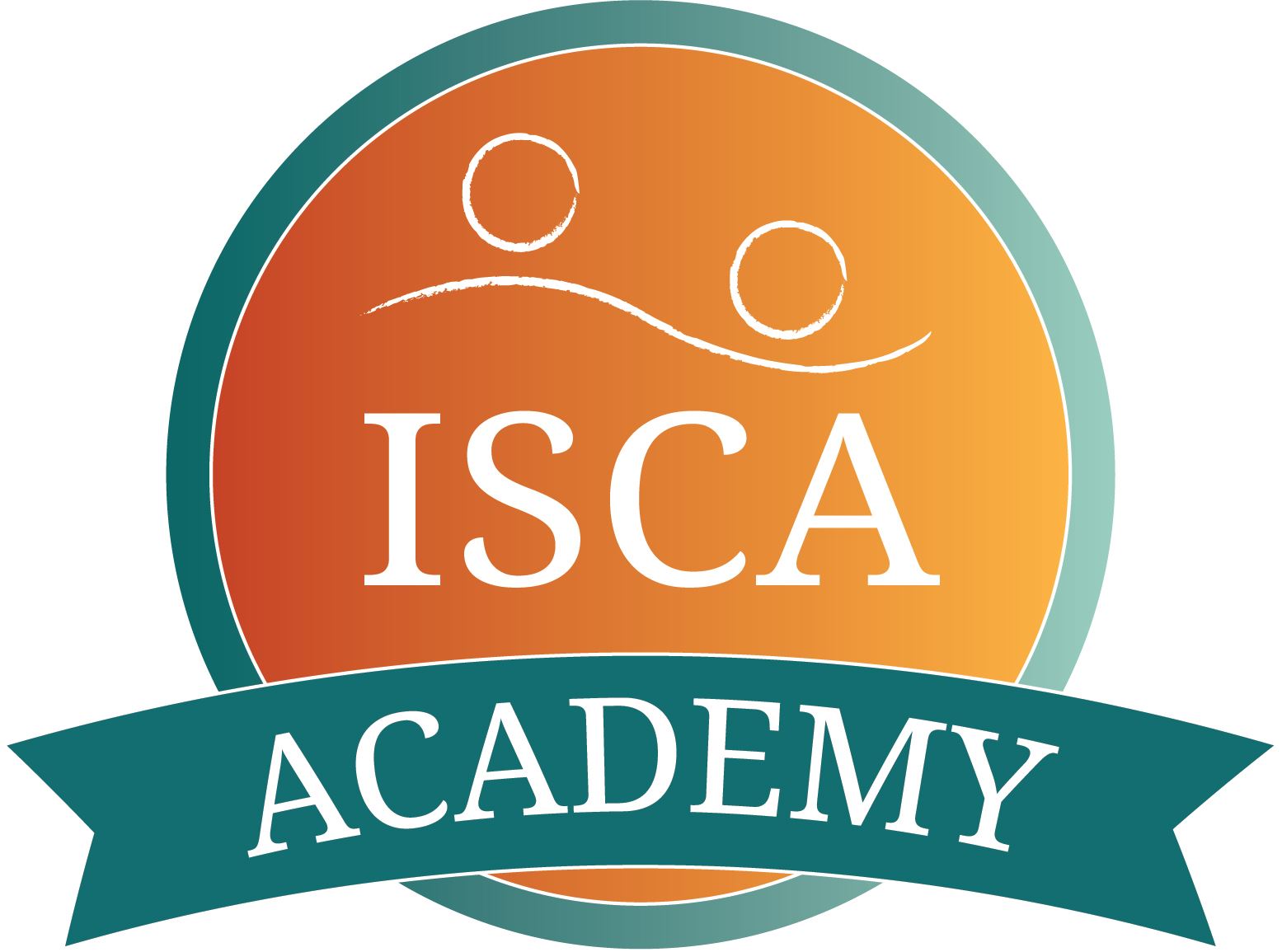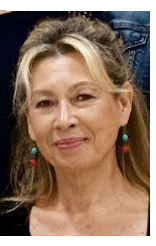- Home
- Solution Focused Brief Therapy (SFBT): Microskills
|
Course Title | Solution Focused Brief Therapy (SFBT): Microskills |
Course Number |
Course Overview | Microskills in Solution Focused Brief Therapy enhances the confidence and capability of the participants by finely tuning the use of the elegant SF questions. SFBT Part 1 and 2 teaches a basic framework for the first and session sessions. This module enhances the use of the questions to expand and explore the client’s world, thinking and experience even deeper. The ability to build on the questions and know what to ask next is enhanced. Participants will be introduced to current thinking and research on Microanalysis and it’s relevance to the therapeutic dialogue. Microanalysis is the study of how co-construction occurs in the minute-by-minute dialogue and the rationale behind why we choose certain words and how we select information and ask certain questions. It provides an important foundation for how SF is unique and different from other approaches. The format includes a handout paired with powerpoint slides, sharing information, small group discussions and practice. Certification Pathway If you’re interested in earning certification, Foundations 1 and 2 can be applied. What remains is the Supervision +Assessment+Self study = 14 hrs Certification: “Certified Solution Focused Practitioner” Requirements, Total 50 hrs
**Upon successful completion of the full 50 hours, participants will earn: "Certified Solution Focused Practitioner” certification, from Academy of Solution Focused Training, Accredited by IASTI. |
This course will support you in providing strategies for your students to be able to:
|
This course is aligned to the following school counselor standards and competencies:
|
Intended Audience | The relevance of this course extends to anyone involved in the care, education, support and services for students in the educational environment: learning support staff; counselors; administration, etc. This course not only teaches specific skills used in a counseling setting, it also shares a philosophy and mindset that creates a cohesive approach that can be embodied throughout the school environment, that maximizes the academic and social-emotional growth of students. The core SF mindset is based on mutual respect, collaboration and belief in the competence and ability of each person.
|
Essential Questions |
|
Knowledge | Skills |
Participants will have knowledge about: | Participants will be able to: |
|
|
About the Facilitator |
Debbie has been in the mental field for more than 30 years. She has a BS in Psychology, an MS in Counseling, is a Certified Master Solution Focused Therapist, and a Master Clinical Member and Clinical Supervisor with the Singapore Association for Counseling. Her first 7 years were in psychiatric mental health in the USA where she worked in local mental health services and state psychiatric hospitals. Currently, she is in private practice and specializes in Marriage and Family Therapy. Her client base includes children, couples and families. Her clinical experience spans a wide spectrum of psychiatric and psychological issues, including schizophrenia, bipolar disorder, anxiety, depression, stress, self-harm, addictions, school based issues, conflict management and relationship issues. Debbie has worked extensively with local and international schools, as an individual and team supervisor, and in counseling teachers, students and staff. She has provided Critical Incidence Debriefing during 9-11, the tsunami, bombings and other trauma related incidents with students, teachers and staff. She has also conducted many workshops and training related to transition and Third Culture Kid issues. She has trained many counselors and teachers in solution focused approaches in their schools. Debbie specializes in Solution Focused Brief Therapy and trained with the developers, Insoo Kim Berg and Steve de Shazer in 1999. She started the Academy of Solution Focused Training in 2004 and was the first to bring certification in SF therapy and SF Coaching to Asia. Her company is accredited with 3 international certifications, Canadian Council of Professional Certification (CCPC) and International Alliance of Solution Focused Teaching Institutes (IASTI), and is a founding member. She is also an ICF Credentialled Coach as a Master Certified Coach (MCC) and runs an ICF accredited coach training school in Solution Focused Coaching. Debbie has contributed to several articles and books, including Knowing Insoo Kim Berg and Steve de Shazer, The Art of Solution Focused Therapy, and was the editor of Solution Focused Practice in Asia, and Solution Focused Practice Around the World. She is currently an editor for Solution Focused Coaching in Asia and Solution Focused Supervision for Coaches, due to be published in 2024. Debbie is a Third Culture Kid, married to a Third Culture Kid and their daughter is a second generation Third Culture Kid. Debbie has lived in the US, Japan, Okinawa, New Guinea and now resides in Singapore where she has lived and worked for the past 36 years. She enjoys gardening, swimming, going to the gym and watching movies. |
Dates and times of offerings | Option 1: August 5, 12,19 and 26, 2024 @ 12-3 PM GMT (3 hours each day) Option 2: August 5, 12,19 and 26, 2024 @ 6-9 AM GMT (3 hours each day) Option 3: July 23, 25 and 30, 2024 @ 1 - 5 PM GMT (4 hours each day) Option 4: July 23, 25 and 30, 2024@ 7 - 11AM GMT (4 hours each day) |
Contact hours | 12 Hours |
Time commitment between sessions | 1 Hour |
Required Resource(s) | Recommended Reading
|
References | None |


 Debbie Hogan, MS, MSFT, MCC
Debbie Hogan, MS, MSFT, MCC